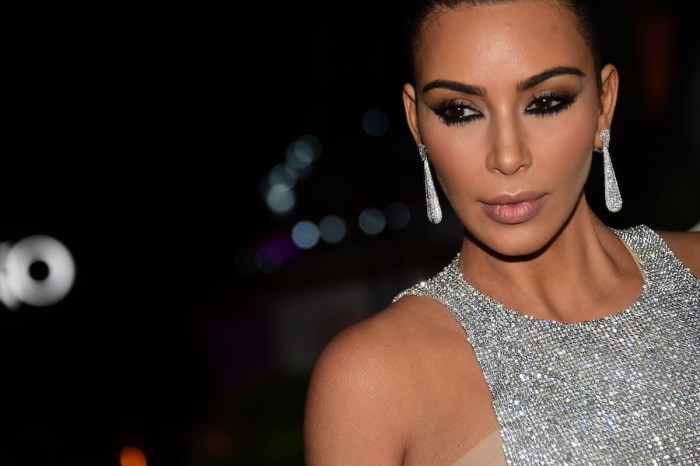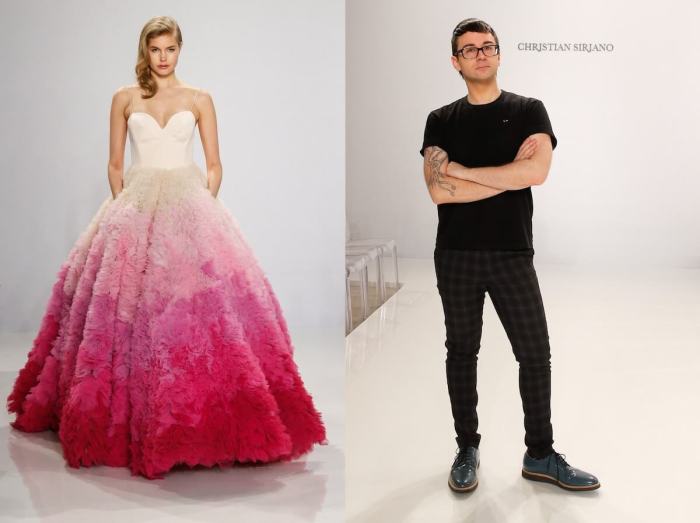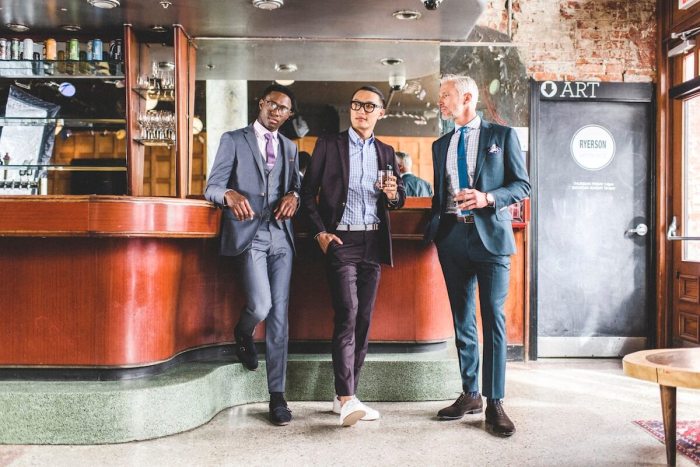While designers like Ann Lowe, Willi Smith and Jon Weston dazzled fashionistas at the heights of their careers, their names and works are slowly being forgotten today. The Museum at the Fashion Institute of Technology is putting them back in the spotlight with their latest exhibit, Black Fashion Designers. “The story of American history is reflected in a microcosm in the fashion industry,” says Elizabeth Way, who co-curated the exhibition. “We wanted to have a show that filled the gaps. There is not really one thread that connects all black designers — we wanted to showcase individuals.” RELATED: Wreath Interpretations is the DIY, socially conscious holiday show we need Visitors will not only have the chance to examine the gowns and outfits beloved by everyone from first lady Michelle Obama to Beyonce, they will also discover how fashion was influenced by pop culture, the civil rights era and modern-day movements like Black Lives Matter. Many designers were held back by discrimination like Ann Lowe, known for her debutante gowns in her native Alabama before going on to design future first lady Jacqueline Kennedy’s 1953 wedding dress. “It wasn’t until the 1970s that black designers were really celebrated by both the black press and the mainstream press. We see this era where blackness is really celebrated.” For this exhibit, some of the designers bristled at the idea of being grouped together just by virtue of their race. Others like the Mississippi-born Patrick Kelly embraced it. Kelly would use garments like overalls (then associated with Southern sharecroppers) to highlight the world he grew up in. “He was known for how he embraced black beauty and turned around things that were considered stereotypical or negative,” explains Way. RELATED: Inside the Hamilton Mixtape: Stars on how they made the songs their own Textiles, colors and styles originating from all over the African continent also continue to influence black designers. While designers of all races embraced African design, “sometimes it borders on appropriation,” she says. “So we included designers who took a more nuanced look at the inspiration.” Overall, the curatorial team embraced the chance put these designers in the spotlight once again. “We forget our history,” she says. “We wanted to have this show because so many black designers have been left out of the history of fashion.” Black Fashion Designers
Dec. 6-May 16, 2017
Museum at FIT
Seventh Avenue at 27th Street
Free, fitnyc.edu
























